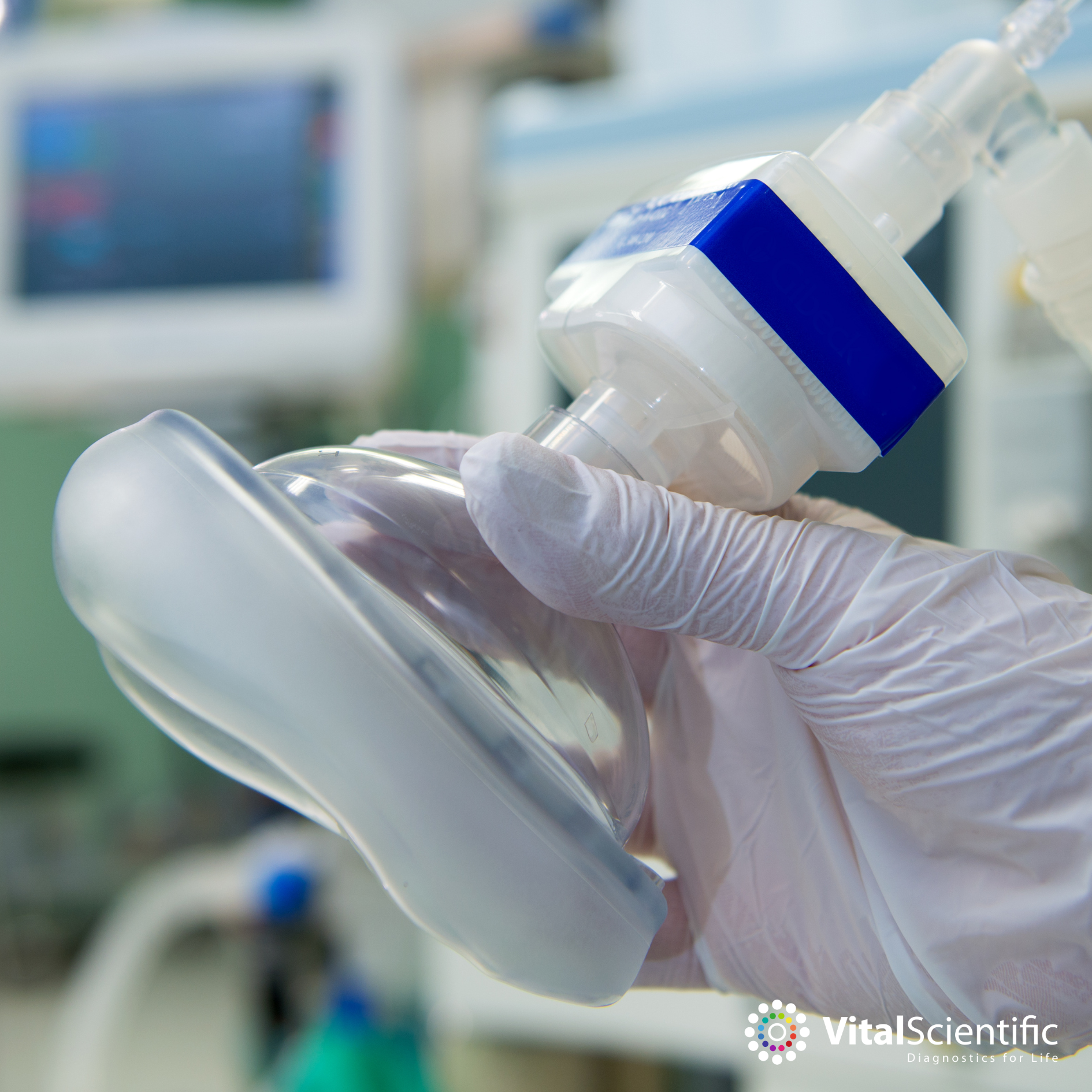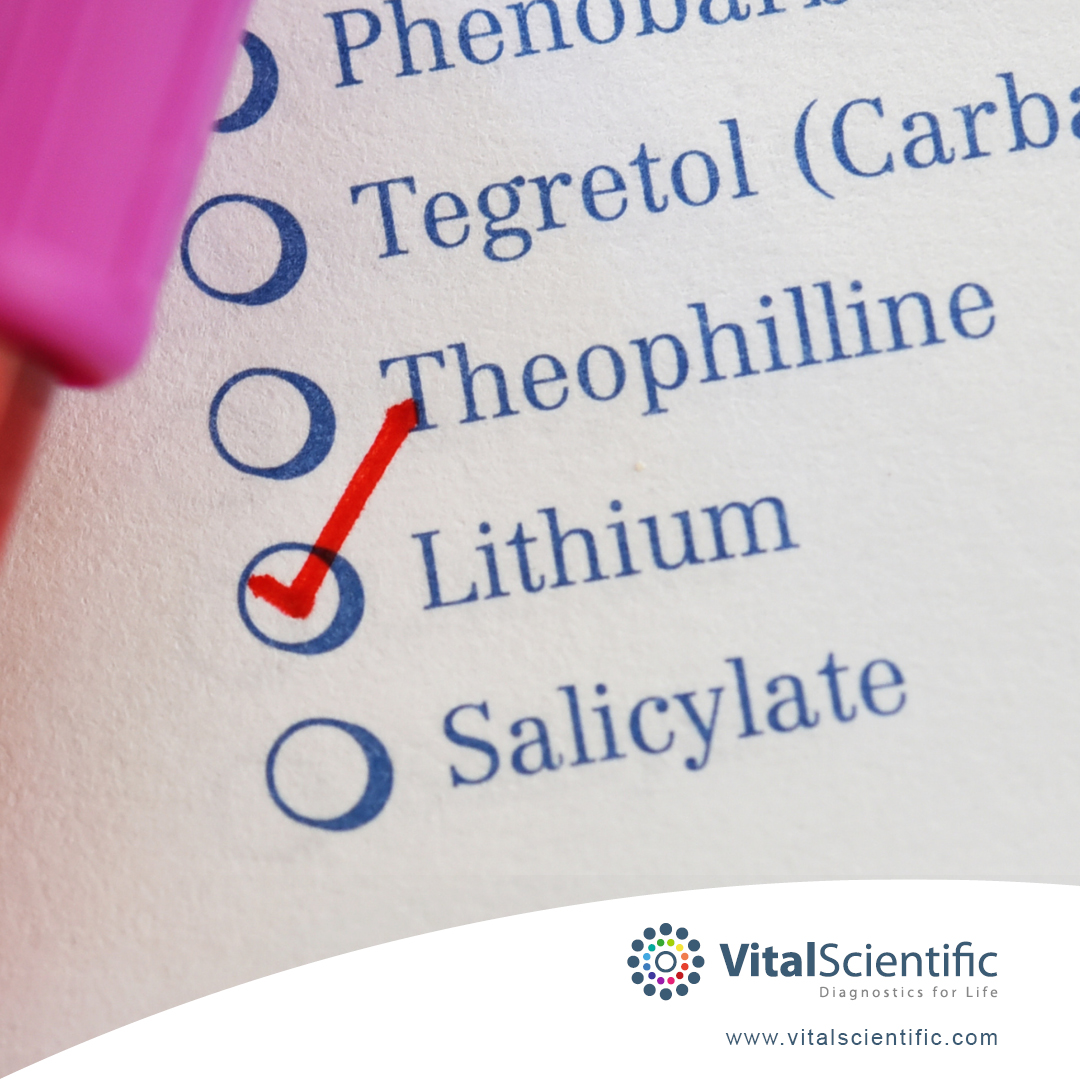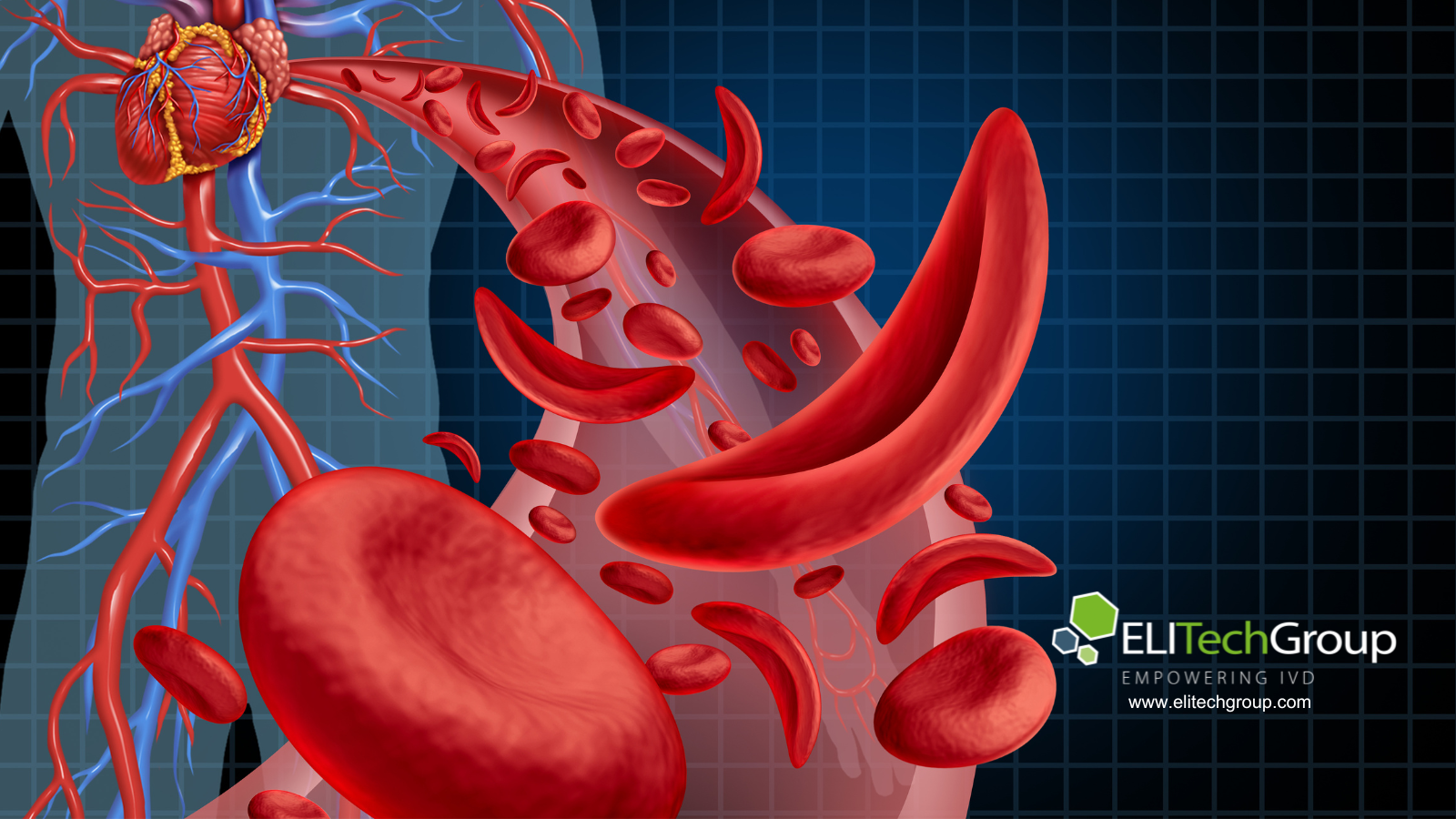Why test Lipids?
Lipids and lipoprotein particles crucially contribute to coronary artery disease and influence inflammatory processes as well as the function of leukocytes, vascular and cardiac cells, thereby impacting vessels and the heart.(1) Cholesterol and triglycerides are lipids that are insoluble in plasma and measuring lipids, and lipoproteins have been an important focus for both clinical chemistry and clinical medicine for over 75 years.(2) Age, gender, inherited traits, diet, body weight, and physical activity influence lipid levels. However, lipid results on their own do not determine absolute cardiac disease risk. They are just one part of the overall assessment of an individual’s cardiovascular disease risk.
Lipids, such as cholesterol and triglycerides in the serum are insoluble; and so to transport them around the body they are associated with proteins (Lipoproteins). Lipoproteins are complex structures but are generally classified into 7 classes based on size, lipid composition; and apoproteins.
What is a Lipid panel?
The full lipid panel in Clinical Chemistry consists of 5 tests, typically 3 by analysis and 2 by calculation:
- Total Cholesterol – Cholesterol present in all lipoproteins
- Triglycerides – Triglycerides present in all lipoproteins
- HDL Cholesterol – Cholesterol in HDL only
- LDL Cholesterol = Total Cholesterol – (Trig/2.2)-HDL-Chol*
- Non-HDL Cholesterol = Total Cholesterol – HDL Cholesterol (LDL)
*Friedewald formula in mmol/L. Not valid if Trig is > 4.5 mmol/L
VitalScientific’s Selective Detergent Method for HDL and LDL*
VitalScientific’s Selective Detergent Method for HDL and LDL provides an easy-to-use economical solution for the assessment of the risk of cardiovascular disease. The liquid stable reagents are ready-to-use without additional preparation, and the wide dynamic measuring range reduces the need for repeat testing & dilutions. Onboard reagents and calibration with the combined HDL/LDL calibrator are stable for up to 6 weeks.
By meeting the National Cholesterol Education Program (NCEP)(3) performance specifications the VitalScientific’s lipid reagents provide confidence in reported results.
Measuring Lipids is a core value-adding activity of the clinical service laboratory and laboratories need to be confident in the quality of reported results. For consistent, accurate, and reliable results on the VitalScientific Selectra Family of instruments, System Lipid Reagents, Calibrators, and Controls are recommended. For more information, please visit our reagents page or contact us.
References
1. Lipoproteins and lipids in cardiovascular disease: from mechanistic insights to therapeutic targeting; www.pubmed.ncbi.nlm.nih.gov/32730849/
2. Advances in Lipid Testing: A Practical Step Forward; ww.academic.oup.com/clinchem/article/62/7/905/5611887
3. National Cholesterol Education Program; www.sciencedirect.com/topics/agricultural-and-biological-sciences/national-cholesterol-education-program
*Product availability may be subject to regulatory requirements. Please contact your local representative for more information.
Read more articles
Let us help you
For general inquiries or technical support, please use the link to the right. Click ‘Contact’ to complete a brief online form, and someone will be in touch with you soon.
Our commitment
General Terms & Conditions of Sales
— VitalScientific
— VitalScientific B.V.
General Purchasing Conditions
— VitalScientific
— VitalScientific B.V.






